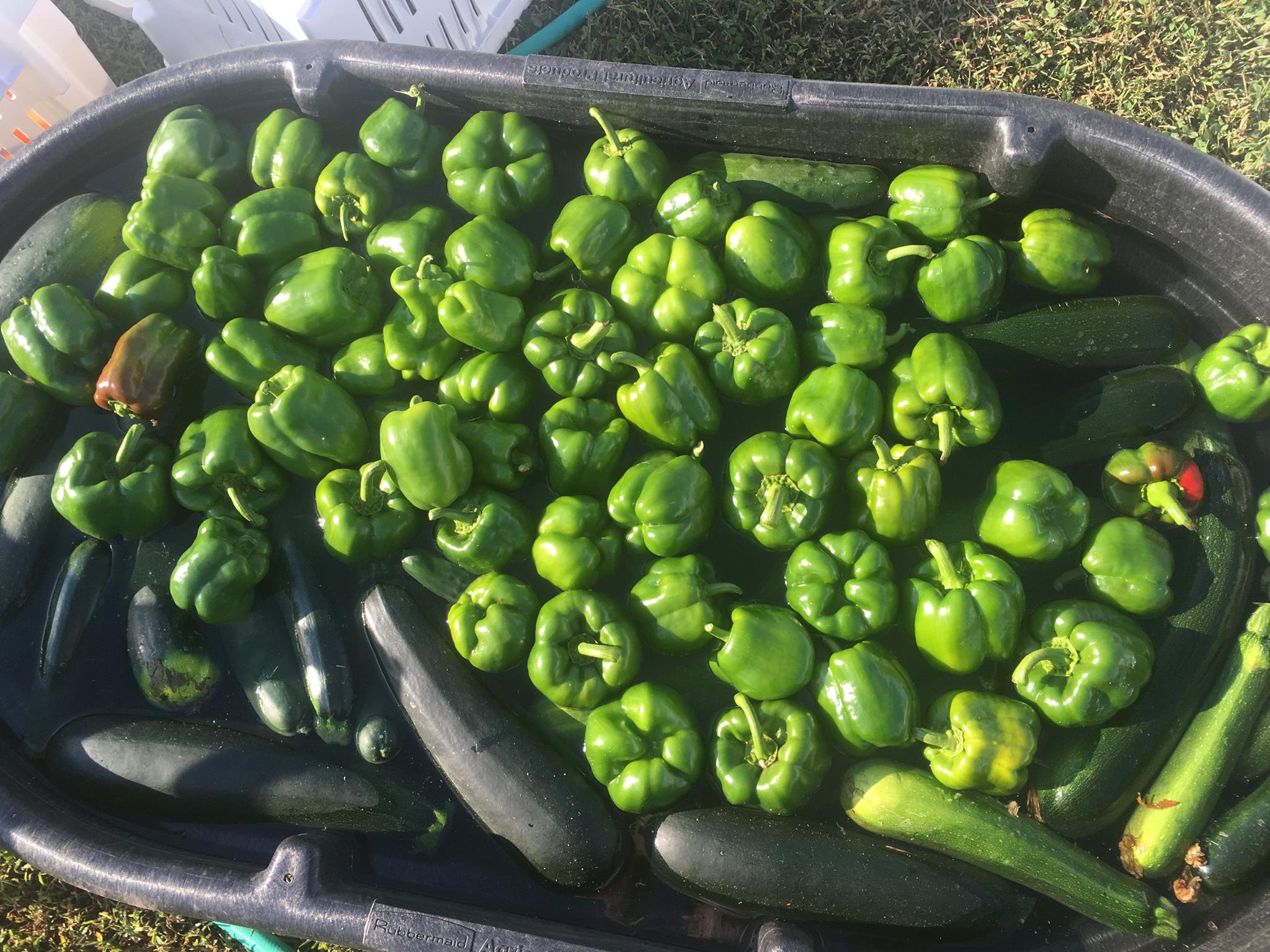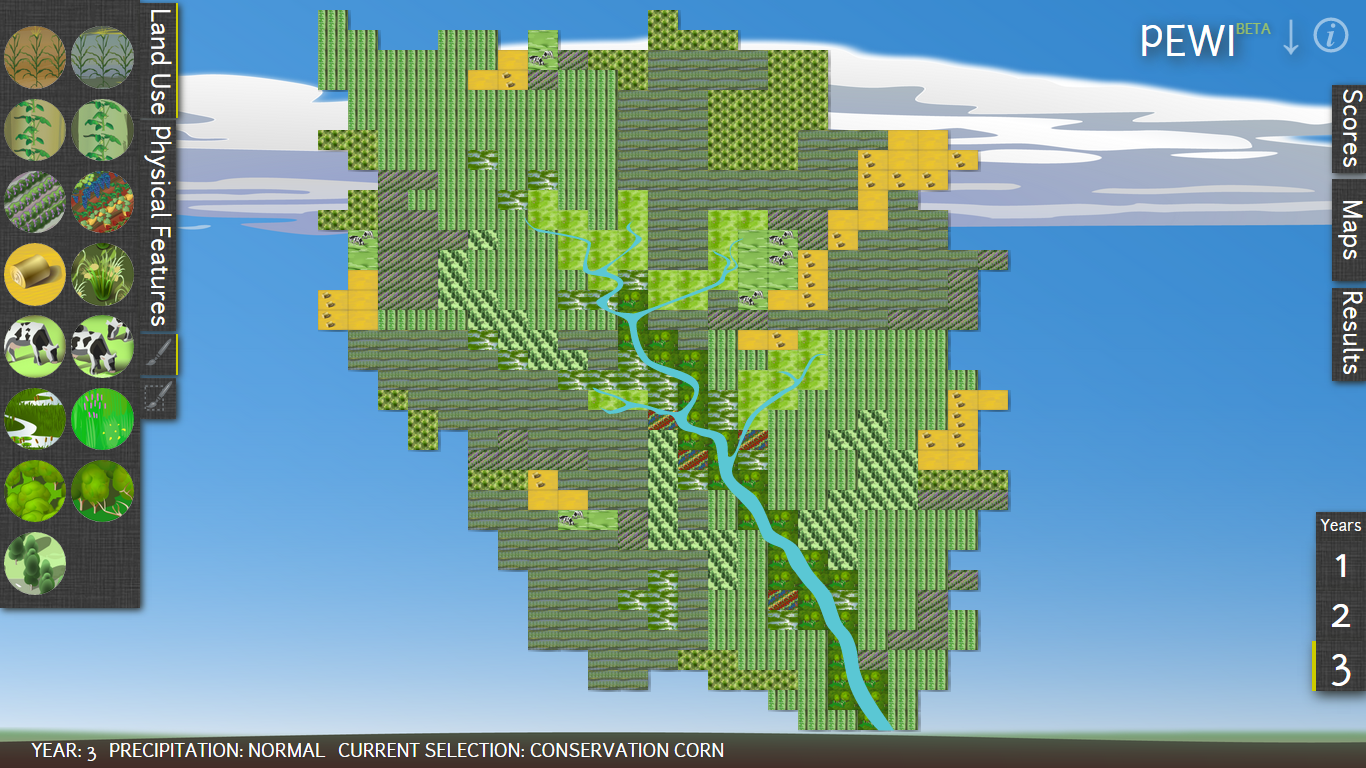Research
“There will be no nature without justice. Nature and justice, contested discursive objects embodied in the material world, will become extinct or survive together.”
– Donna Haraway (1992, 311), “The Promises of Monsters: A Regenerative Politics for Inappropriate/d Others.”
“Instead of pointing to those ‘without’ and citing injustice, we might imagine how we are intimately tied to broader conceptions of human and planetary life and which demonstrate our common and difficult histories of encounter.”
– Katherine McKittrick (2011, 960), “On Plantations, Prisons, and a Black Sense of Place.”
What are the politics of developing just and anti-racist food, agricultural, and environmental systems? To answer this question, my recent research explores how uneven geographies and political ecologies shape and are shaped by racialized discourses of food, agriculture, and the environment in the United States. As a scholar-activist, I have collaborated directly with communities and grassroots groups that are working to advance social and environmental justice, engender a critical understanding of food and food access, and struggle against a racially organized state. Through these engagements, I (co-)develop critical scholarship on issues such as power, voice, and relationality. I additionally explore opportunities for university-community partnerships to engage in processes of ‘co-experimentation’ (following Gibson-Graham and Carolan). Co-experimentation in my research includes alternatives modes of growing, sharing, and eating food. It also includes critical, reflective conversations and co-authorships with academic and community partners that may open up paths to more ‘just’ naturalcultural relations. In these collaborations, I have explored how everyday experience, radical vulnerability, emotion/affect, the body, collective resistance, and relational life constitute co-experimental modes of social transformation.
Focus areas
- Feminist and Black geographies
- Political ecology
- Food and agriculture
- Urban sustainability
- Anti-racism
- Environmental justice and equity
- Public science, community engagement and scholar-activism
Assistant Professor of Geography, Colorado State University
Prison Agriculture Lab
I am co-director of the CSU Prison Agricultural Lab, along with
Dr. Joshua Sbicca, faculty in the CSU Department of Sociology. Our lab
has produced a first-of-its-kind nationwide study on food and
agricultural activities within US prisons. Our efforts have been
three-fold: 1. compiling and analyzing a nationwide dataset of food and
agricultural activities at prisons, 2. contextualizing the development
and expansion of agricultural activities since Reconstruction through
the lens of racial capitalism, and 3. mapping prison agriculture to
understand and show its embeddedness in carceral conditions that
transcend and connect individual agricultural sites. In framing this
research as abolition praxis, not only are we interested in
understanding how present-day practices of prison agriculture are
implicated in the racial capitalist project of prison expansion, we are
also looking for ways in which prison agriculture counteracts and
contests carcerality—and might work toward the elimination of prisons.
Beyond our core research activities, the Prison Agriculture lab has
collaborated with the CSU
Geospatial Centroid to map prison agriculture, census,
environmental, and related socio-spatial data.
Participatory Action Research Project in Dubuque, Iowa
I am engaged in a long-term collaboration with Dubuque community activist Lynn Sutton. Together, our scholar-activist/activist-scholar partnership seeks to advance racial, environmental, and food justice in Dubuque, Iowa. Starting with the understanding that racial injustices in food, housing, land, or otherwise cannot be solved in isolation, we have identified the political ecological issues, questions, and outcomes facing communities of color in Dubuque and are using PAR to support community organizing and activism efforts. Our academic work thus far has focused on community gardening and food justice, low-income rental housing and environmental justice, and more broadly Black women's well-being and placemaking in the city.


Graduate Research Experience, Iowa State University
ISU Extension & Outreach
Local Foods and SNAP-Education Programs
My dissertation research was part of an interdisciplinary effort within ISU Extension & Outreach (ISUEO) to coordinate statewide community donation gardens, entitled Growing Together Iowa. In this USDA Supplemental Nutrition Assistance Program Education-funded project, ISUEO collaborates with university research farms, county extension Master Gardeners, food pantries, and other grassroots partners. The project supports Master Gardeners in forging a donation gardening network to increase fresh produce in local food pantries. As a feminist scholar committed to praxis, I interacted with, worked alongside, and learned from the people working in the gardens and pantries, and the people accessing the food. Collaborating with Iowans across the state, I worked to foster community efforts for local, sustainable foods and to develop strong, caring, and socially just communities.
The Local Foods program supported my dissertation research on community food systems in Iowa. I coordinated my research activities in the Growing Together project with the Local Foods Team through participating in our community development program and serving on our equity and inclusion committee.
Department of Natural Resource Ecology &
Management
Landscape Ecology & Sustainable Ecosystem Management
Lab
People, Land Use & Society Lab
Integrated Sustainable bioEnergy Pathways Team
My master’s research focused on agroecological modeling in the U.S. Corn Belt. PEWI, or People in Ecosystems/Watershed Integration, is a simple web-based learning tool to help people understand human-landscape interactions and tradeoffs. PEWI helps people explore ways to balance agricultural production in the U.S. Corn Belt with other environmental benefits, including clean water, abundant wildlife, and recreation, among others. In my role on this project, I was the lead developer of the science model for PEWI 2.0, and also developed educational materials, created a library of PEWI-based lesson plans, conducted workshops and course units on PEWI, oversaw web development, and served as project manager. In this role, I also worked with the ISEP, Integrated Sustainable bioEnergy Pathways, team to incorporate agroecological modeling into its agent-based modeling of bioenergy supply chains.